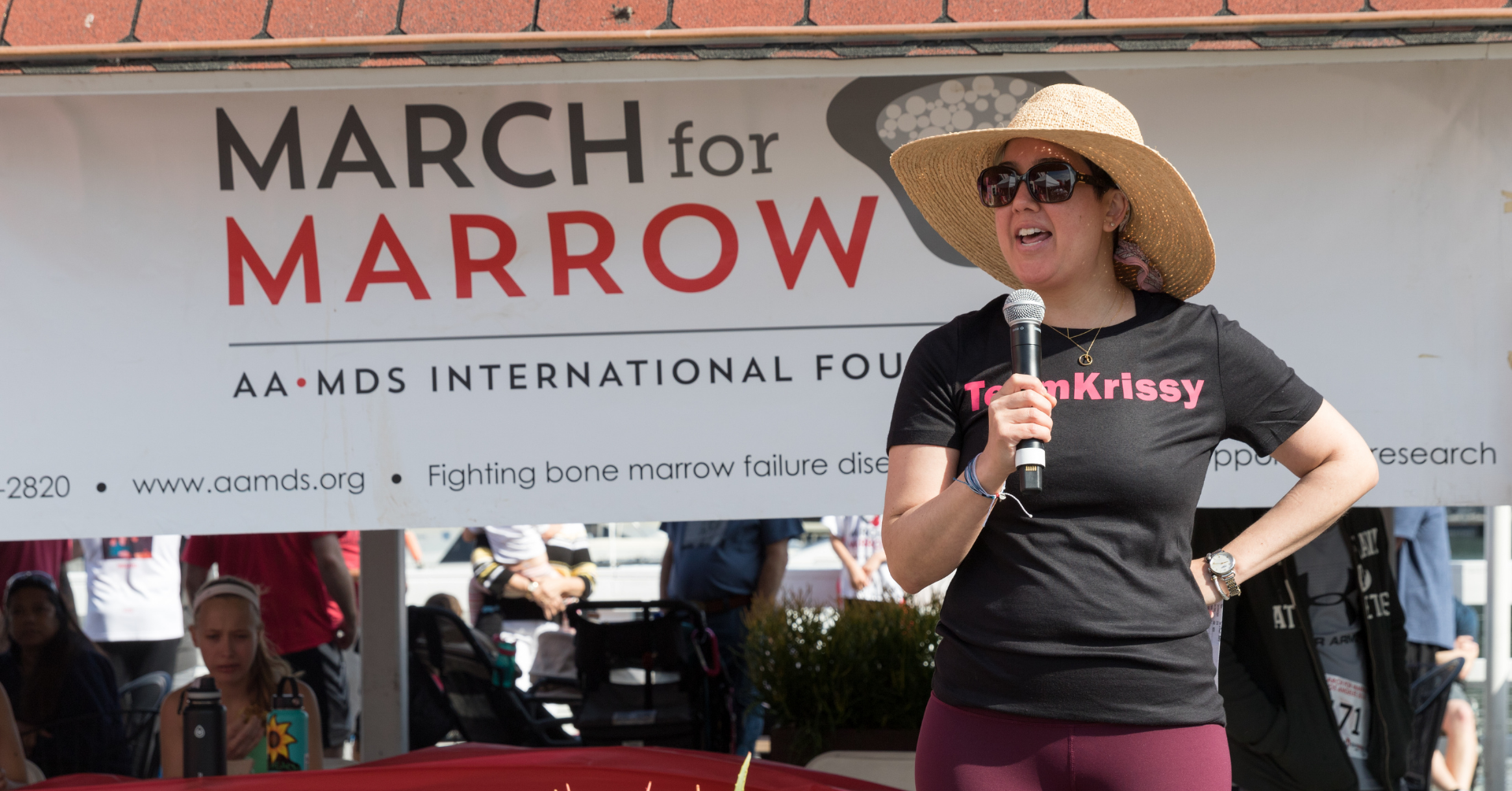Patient-centered care has become a central goal within the healthcare industry. Physicians are continuously working together with their patients in enhancing their relationship in order to make sure their patients are not only heard, but also feel comfortable with the care they are receiving. An example of an initiative that is meeting this criteria involves the emergence of Patient-Centered Medical Home (PCMH). PCMH is a care delivery model whereby patient treatment is coordinated through their primary care physician to ensure they receive the necessary care when and where they need it.
As described by the American Academy of Family Physicians, PCMH incentive programs are “local, state, and public/private payer initiatives that offer payment incentives to participating practices that adopt the functions of a PCMH”.. The purpose of a PCMH is to improve the quality, effectiveness and efficiency of care delivered to each patient’s unique needs and preferences. Particularly, it emphasizes promoting value-based care within the physician/patient relationship.
PCMH encompasses the following principles:
- Comprehensive care: Cares for the whole patient all his or her needs; not just the medical and physical ones
- Patient-centered care: Supports the active involvement of patients and their families
- Coordinated care: Care that is integrated across all elements of the healthcare system including specialty care, hospitals, and nursing homes.
- Accessible services: Care that is available through systems such as open scheduling, expanded hours, and new options for communication between patients and their physician
- Quality and safety: Physicians accept accountability for continuous quality improvement and are driven by evidence-based medicine and clinical decision support tools for decision making
What does this mean to YOU?
- 24/7 Access: Get quick advice from your care team outside of visits.
- Teamwork: Your primary care physician (PCP) or nurse attends to your care directly. They also lead a highly skilled team who works with you. The team can include nurses, counselors, pharmacists, medical assistants, and specialist doctors.
- Keeps you connected: Information technology helps keep you and your care team up to date with your care in regards to reminding you when you need care, testing, or new information. Many offices let you go online to schedule visits, request prescriptions, get test results, and see your personal health record.
- Coordination: Your care team organizes results from labs, specialists, and hospitals involved in your care, as well as records all your over the counter medications , prescriptions from any doctors, and any services you receive in your community such as programs to stop smoking or lose weight.
- Address all your health needs: Being part of a PCMH treats you as a whole person and not just as one illness. They will work with you and your family on prevention and wellness and guide you in working towards a healthy lifestyle. They will also help you address a physical and/or mental health issues such as depression or anxiety. Most importantly, your team will assist you in creating a care plan for any major health problems.
To determine whether such initiatives exist in your area, visit the Primary Care Innovations and PCMH Map: or contact your local American Academy of Family Physicians (AAFP) chapter.
Source: Patient-Centered Primary Care Collaborative.


